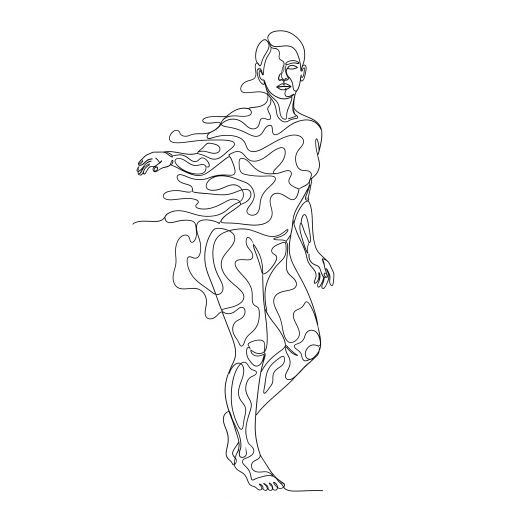Liberty Matters
Liberalism as Expansive Regard

You can find ethical claims that point in a liberal direction pretty much as far back as you want to go back in the history of ethical claims. Ancient philosophy and religion are full of them. What changed, what turned “ethical claims in a liberal direction” into “liberalism,” is a broader sense of who they applied to. When the only people freedom is owed to are the ranking male members of your tribe, you’re not really talking freedom, you’re talking privilege. When you respect the freedom of women, of other races, of other tribes, of other sexual and gender orientations, then you move from privilege to liberalism.
This means the future of liberalism depends upon expanding further. It depends upon cultivating a perspective that sees all others, and not just those you favor, as deserving equal regard. This expansion, this relentless push towards universality, grounded in uncramped empathy, is the core of David Boaz’s libertarianism, particularly as he confronted the spread of its opposite in his final years.
Illiberalism arises when we arbitrarily draw lines, refusing to see some people as inside the circle of equal regard. The trouble with nationalism, particularly the "blood and soil" variety David explicitly condemned, is that it says equal regard is only for those on this side of a border or belonging to this national identity. As Ilya Somin points out, harsh immigration restrictions are perhaps the starkest contemporary example, denying freedom based merely on the accident of birth, directly contradicting the principle of “equal rights based on our common humanity” David championed. Restricting movement and association based on origin is a fundamental failure of equal regard.
Similarly, the trouble with being anti-trans, as I discussed in my initial contribution, is it says equal regard is only owed to the cisgendered. While David may have had questions about specific medical interventions, his core principles pointed away from state interference in the private lives and bodily autonomy of peaceful individuals. He recognized the danger in allowing social conservatives or reactionaries to dictate whose lives and choices were worthy of respect (and freedom)—a pattern he had fought against for decades in the context of gay rights and the war on drugs.
Jonathan Blanks reminds us of David’s critique of a sanitized, nationalist history. Such narratives often achieve a false sense of unity by failing to extend regard to those who were historically excluded or oppressed—enslaved people, women, racial and ethnic minorities. David understood that America’s greatness lies not in pretending these exclusions didn’t happen, but in acknowledging the expansion of liberty, the very process of extending regard, as the triumph. Refusing to grapple honestly with the past, or actively erasing the contributions and struggles of marginalized groups, is another way of restricting the sphere of concern, implicitly suggesting that only certain stories, certain people, truly matter.
Andy Craig emphasizes how David saw “bringing power under the rule of law” as a paramount achievement of liberalism. Rules that apply differently based on status, identity, or political expediency—is the antithesis of the rule of law. It inherently involves an inconsistent regard for others, often tilting the scales in favor of the powerful or the preferred group. David recognized the temptation, even among libertarians, to endorse lawless actions if they seem to achieve desired policy outcomes. But he knew liberty cannot be built on the ruins of legality, because the rule of law is the wall that protects the many from the powerful.
We can even view Tarnell Brown’s discussion of Ukraine through this lens. David advocated for a cautious and restrained foreign policy. But he still saw that Vladimir Putin's aggression was grounded in a narcissistic disregard for the Ukrainian people’s dignity—and that Ukraine’s fight, against authoritarianism and fascism, is part of liberal universalism.
David Boaz dedicated his life to a libertarianism rooted in the universalist promise of radical liberalism. He was dismayed by those, including some self-proclaimed libertarians, who seemed willing to trade away this universality, this principle of equal regard for all, in favor of alliances with illiberal political movements or in service of narrow cultural or nationalistic prejudices. He understood that liberty isn’t privilege and liberalism isn’t selective. Illiberalism demands we contract our empathy and respect. The task David left us, the task of liberalism itself, is to instead keep pushing the circle outwards.
Copyright and Fair Use Statement
“Liberty Matters” is the copyright of Liberty Fund, Inc. This material is put on line to further the educational goals of Liberty Fund, Inc. These essays and responses may be quoted and otherwise used under “fair use” provisions for educational and academic purposes. To reprint these essays in course booklets requires the prior permission of Liberty Fund, Inc. Please contact oll@libertyfund.org if you have any questions.